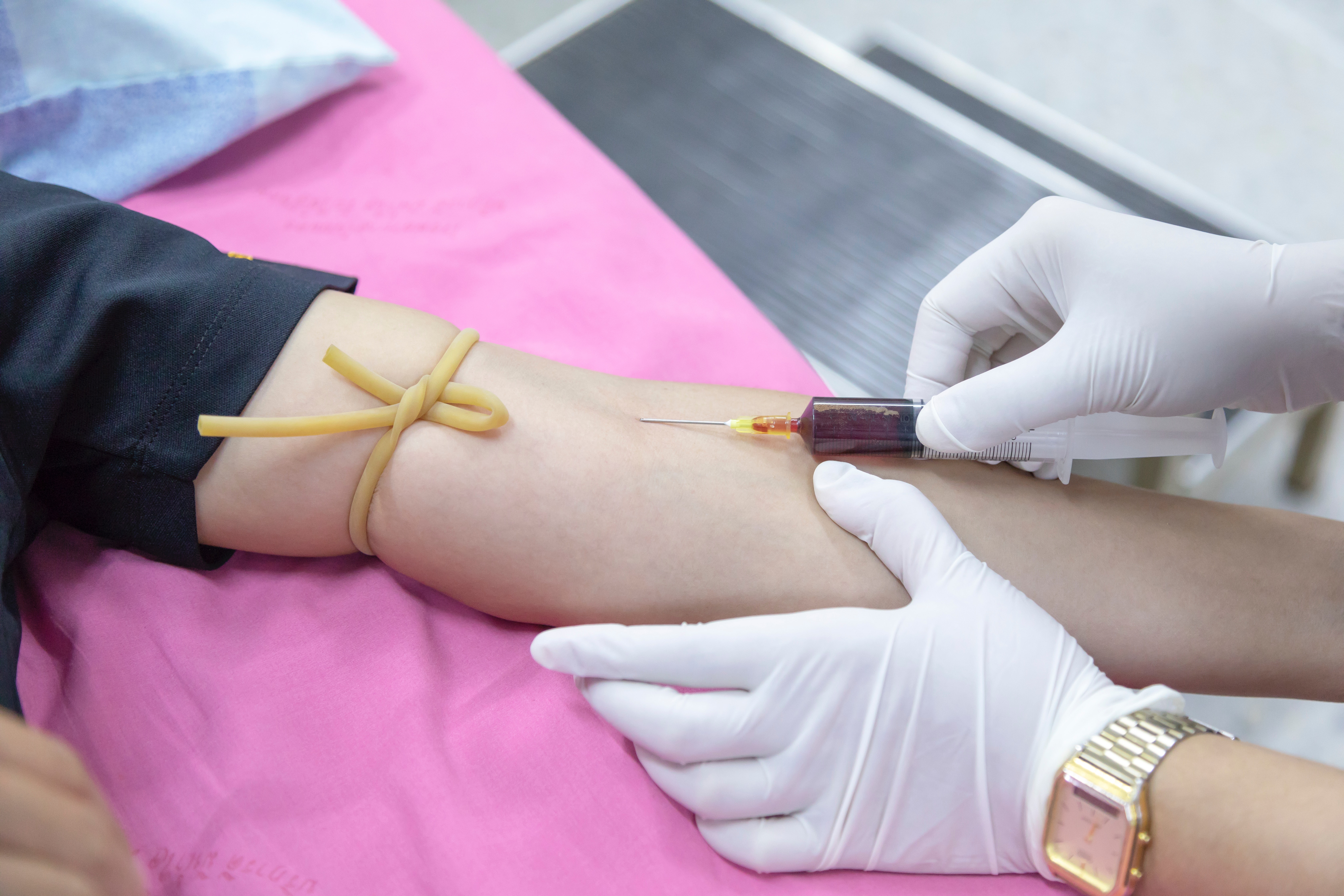Do you perform blood collections in your profession? No matter where you are in your career, this new continuing education opportunity will help you understand the unique nature of your pediatric patients, and how these differences impact procedure, equipment and communication.
Increase your skills and enhance interactions with young patients and their parents in this two-module CE presentation: Performing Compassionate & Accurate Blood Collections.

NHA CERTIFICATE HOLDERS: LOG IN TO ACCESS THE MODULES
Meet the Author/Presenter
 Deyal Donna Riley, CPT, is a Research Phlebotomist with the National Institutes of Health. She's also a phlebotomy instructor at Washtenaw Community College, and a lecturer at the University of Michigan. She's shared her expertise as a textbook contributing writer and editor for Triple S Publishing, among others.
Deyal Donna Riley, CPT, is a Research Phlebotomist with the National Institutes of Health. She's also a phlebotomy instructor at Washtenaw Community College, and a lecturer at the University of Michigan. She's shared her expertise as a textbook contributing writer and editor for Triple S Publishing, among others.
Riley has been instructing for over a decade, leading many students to become certified phlebotomists. Her former students include physician assistants, laboratory supervisors and registered nurses. Riley created most courses she has taught, including classes in accelerated phlebotomy, certified phlebotomy classes and the first pediatric phlebotomy course in Michigan.
Below, Riley provides helpful insights and information on what you can expect to gain from the experience.
What do you hope certification holders will gain from engaging in this series?
I hope that these courses will increase skills and confidence leading to better blood collections for patients, providers and allied health professionals alike.
These courses can help you understand the differences in techniques, increasing skills and assisting with using the appropriate equipment for the required procedure. Also the courses will help to understand the role that communication, observation and compassion play in providing successful blood collections.
What advice do you have for allied health professionals who are new to working in phlebotomy with pediatric patients?
Learn as much information as possible about the technique you are about to perform to increase not only your knowledge, but to help you answer any questions that either children or their parents present to you. While you cannot prepare for every situation, role playing patient interactions can help you gain confidence. As your confidence increases, your comfort level also improves, helping enhance your patient’s trust in you and your skills.
What are some of the most common differences between laboratories regarding specialty collections and how should one navigate these differences?
Some procedural differences include: timing, equipment, documentation and specimen handling when performing specialty blood collections. Even though every laboratory may have their own procedures, it is imperative that you become familiar with national standards and best practices. This requires constant education and frequent review of these standards and changes to procedures.
All allied health professionals must be aware of national standards; including recent changes and updates and apply them to every blood collection.
What are some essential skills that one should have if they are just starting a career in phlebotomy?
Awareness of the significant role that you play in the diagnosis, management and treatment of patients will help you remember to perform every blood collection accurately and professionally.
Some skills seem straight forward considering the procedures you will perform including good hand and eye coordination and physical dexterity. Other skills may seem less obvious; but truly do help with every blood collection. These skills include attention to detail, great observation and communication skills, patience, flexibility, willingness to learn and genuine compassion for your patients.
LOG IN TO ACCESS THE MODULES >>
NHA CERTIFICATE HOLDERS: LOG IN TO ACCESS THE CE MODULES >>
Before completing NHA CE, we recommend checking the rules and regulations of the licensing or regulatory agency for your state, in case there are different requirements.

